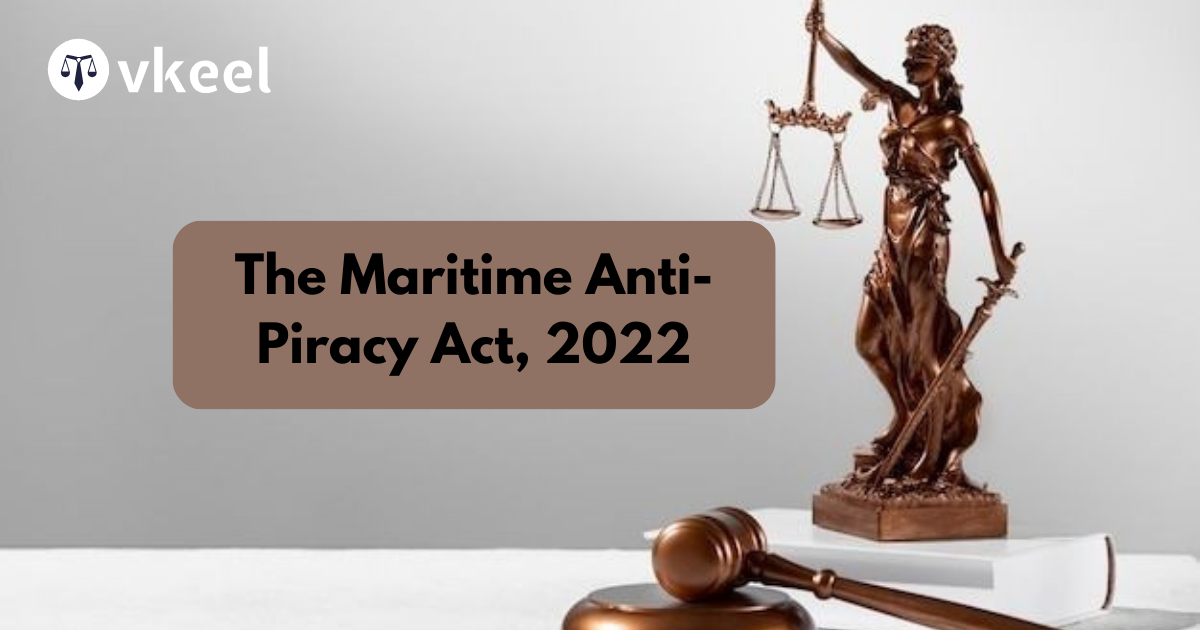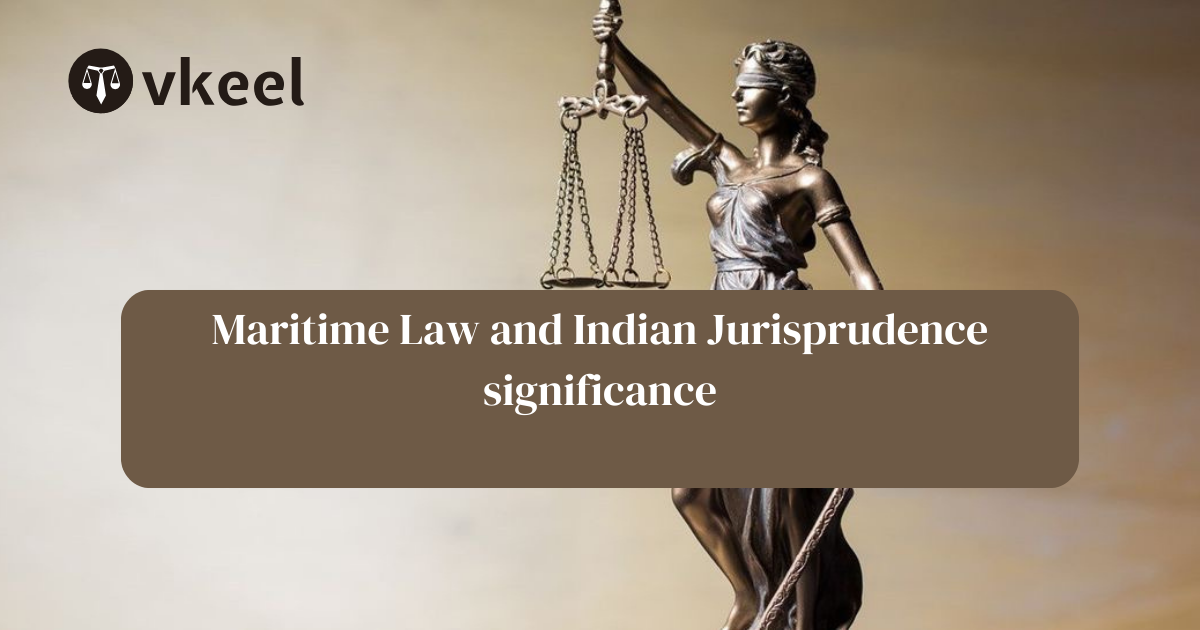Legal Strategies for Debt Collection and Creditors’ Rights in India
By Himanshu Kumar
Table of Contents
Introduction
Debt collection is a critical component of the financial and commercial ecosystem, ensuring that credit and financial services continue to operate smoothly. In India, the legal framework governing debt collection and creditors’ rights is complex, involving multiple statutes, case laws, and amendments.
The objective of legal strategies for debt collection and creditors’ rights in India is to create a balanced framework that ensures the recovery of legitimate debts while protecting the rights and interests of debtors. This involves providing clear legal pathways and mechanisms for creditors to pursue their claims effectively. The legal system in India, through acts like the Recovery of Debts Due to Banks and Financial Institutions Act (RDDBFI) and the Securitisation and Reconstruction of Financial Assets and Enforcement of Security Interest Act (SARFAESI), offers structured processes for debt recovery, including the establishment of Debt Recovery Tribunals (DRTs) and the ability to enforce security interests without court intervention. These strategies aim to streamline the recovery process, reduce the burden on traditional courts, and enhance the efficiency and speed of debt collection.
Simultaneously, these legal strategies aim to protect the rights of debtors by ensuring that debt recovery processes are conducted fairly and transparently. Legislation such as the Insolvency and Bankruptcy Code (IBC) 2016 provides a comprehensive framework for resolving insolvency, balancing the interests of creditors and debtors, and promoting entrepreneurship. The IBC, in particular, focuses on the timely resolution of insolvency, protecting the value of assets, and ensuring equitable treatment of all stakeholders. By fostering a fair and predictable legal environment, these strategies encourage responsible lending and borrowing practices, contributing to the stability and growth of the financial system in India.
Legal Framework for Debt Collection
The debt collection process in India is governed by several laws, each addressing different aspects of credit and recovery. The primary laws include:
- The Recovery of Debts and Bankruptcy Act, 1993 (RDB Act)
- The Securitisation and Reconstruction of Financial Assets and Enforcement of Security Interest Act, 2002 (SARFAESI Act)
- The Insolvency and Bankruptcy Code, 2016 (IBC)
- The Negotiable Instruments Act, 1881
- The Indian Contract Act, 1872
Key Legal Strategies for Debt Collection
1. Filing a Suit for Recovery
Creditors often initiate a suit for recovery of debt under the Code of Civil Procedure, 1908. This involves filing a civil suit in a competent court, which, upon examination of the merits, can pass a decree in favor of the creditor.
Case Law: ICICI Bank Ltd. v. Grapco Industries Ltd. (1999)
In this case, the Supreme Court held that a creditor is entitled to initiate a suit for recovery of debt as a legal remedy.
2. Use of Negotiable Instruments Act, 1881
Section 138 of the Negotiable Instruments Act criminalizes the dishonor of a cheque for insufficiency of funds. This provision empowers creditors to initiate criminal proceedings against defaulters, which can act as a strong deterrent.
Case Law: Dashrath Rupsingh Rathod v. State of Maharashtra (2014)
The Supreme Court ruled that the jurisdiction for filing a complaint under Section 138 lies in the court where the cheque is dishonored, thus clarifying procedural ambiguities.
3. Proceedings under the SARFAESI Act, 2002
The SARFAESI Act allows financial institutions to enforce their security interests without the intervention of courts or tribunals. Creditors can issue a notice under Section 13(2) to the borrower, and if the borrower fails to comply, the creditor can take possession of the secured assets.
Case Law: Mardia Chemicals Ltd. v. Union of India (2004)
The Supreme Court upheld the constitutional validity of the SARFAESI Act but emphasized that the borrower must have a fair opportunity to be heard.
4. Proceedings under the Recovery of Debts and Bankruptcy Act, 1993
The RDB Act provides for the establishment of Debt Recovery Tribunals (DRTs) and Debt Recovery Appellate Tribunals (DRATs) for expeditious adjudication and recovery of debts due to banks and financial institutions.
Case Law: Allahabad Bank v. Canara Bank (2000)
The Supreme Court ruled that DRTs have exclusive jurisdiction to decide applications from banks and financial institutions for recovery of debts.
5. Insolvency and Bankruptcy Code, 2016
The IBC provides a comprehensive framework for the resolution of insolvency and bankruptcy of corporate persons, partnership firms, and individuals. Creditors can initiate corporate insolvency resolution process (CIRP) against defaulting debtors, leading to either resolution or liquidation.
Case Law: Swiss Ribbons Pvt. Ltd. v. Union of India (2019)
The Supreme Court upheld the constitutional validity of the IBC, affirming that the law is structured to balance the interests of all stakeholders.
Rights of Creditors
Creditors have several rights under Indian law to protect their interests and ensure the recovery of debts. These rights are instrumental in the enforcement of the debt collection strategies mentioned above.
1. Right to Initiate Legal Proceedings
Creditors have the right to initiate legal proceedings for the recovery of debts under various statutes, including the Indian Contract Act, the Negotiable Instruments Act, and the Code of Civil Procedure.
2. Right to Enforce Security Interests
Under the SARFAESI Act, creditors can enforce security interests without judicial intervention, provided they follow the due process prescribed under the law.
3. Right to File Insolvency Petitions
The IBC empowers creditors to file insolvency petitions against defaulting debtors, facilitating a structured resolution or liquidation process.
4. Right to Compensatory Interest
Creditors are entitled to claim compensatory interest on the overdue amount as per the terms of the contract or as determined by the court or tribunal.
Legislative Amendments
Several legislative amendments have been made to strengthen the legal framework for debt collection and enhance creditors’ rights.
1. Amendments to the SARFAESI Act
The Enforcement of Security Interest and Recovery of Debts Laws and Miscellaneous Provisions (Amendment) Act, 2016, amended the SARFAESI Act to empower District Magistrates to assist in the physical possession of secured assets and streamline the process of security enforcement.
2. Amendments to the IBC
The IBC has undergone multiple amendments to address practical challenges and improve its efficacy. Notable amendments include the Insolvency and Bankruptcy Code (Amendment) Act, 2019, which introduced provisions for time-bound resolution processes and protection for certain categories of creditors.
3. Amendments to the Negotiable Instruments Act
The Negotiable Instruments (Amendment) Act, 2018, introduced provisions for interim compensation to the complainant and expeditious trial of cases under Section 138, enhancing the deterrent effect of the law.
Notable Case Laws
1. Innoventive Industries Ltd. v. ICICI Bank Ltd. (2018)
The Supreme Court emphasized the supremacy of the IBC over other laws in matters of insolvency, marking a significant step in harmonizing the insolvency process.
2. Vishal N. Kalsaria v. Bank of India (2016)
The Court held that tenants cannot be evicted by banks using the SARFAESI Act without following due process under the Rent Control Act, ensuring protection of tenants’ rights.
3. Laxmi Pat Surana v. Union Bank of India (2021)
The Supreme Court clarified that even personal guarantors of corporate debtors could be proceeded against under the IBC, expanding the scope of creditor recourse.
Conclusion
The legal landscape for debt collection and creditors’ rights in India is continually evolving, with significant developments in legislation and jurisprudence aimed at balancing the interests of creditors and debtors. Effective debt collection strategies leverage the comprehensive legal framework provided by the RDB Act, SARFAESI Act, IBC, and other relevant laws. While creditors have robust mechanisms to enforce their rights, the judicial and legislative oversight ensures fairness and due process, safeguarding the interests of all stakeholders in the financial ecosystem. As India continues to refine its legal framework, the interplay between statutory provisions and judicial interpretations will remain pivotal in shaping the future of debt recovery and creditors’ rights.
Disclaimer:
The information provided in the article is for general informational purposes only, and is not intended to constitute legal advice or to be relied upon as a substitute for legal advice. Furthermore, any information contained in the article is not guaranteed to be current, complete or accurate. If you require legal advice or representation, you should contact an attorney or law firm directly. We are not responsible for any damages resulting from any reliance on the content of this website.










